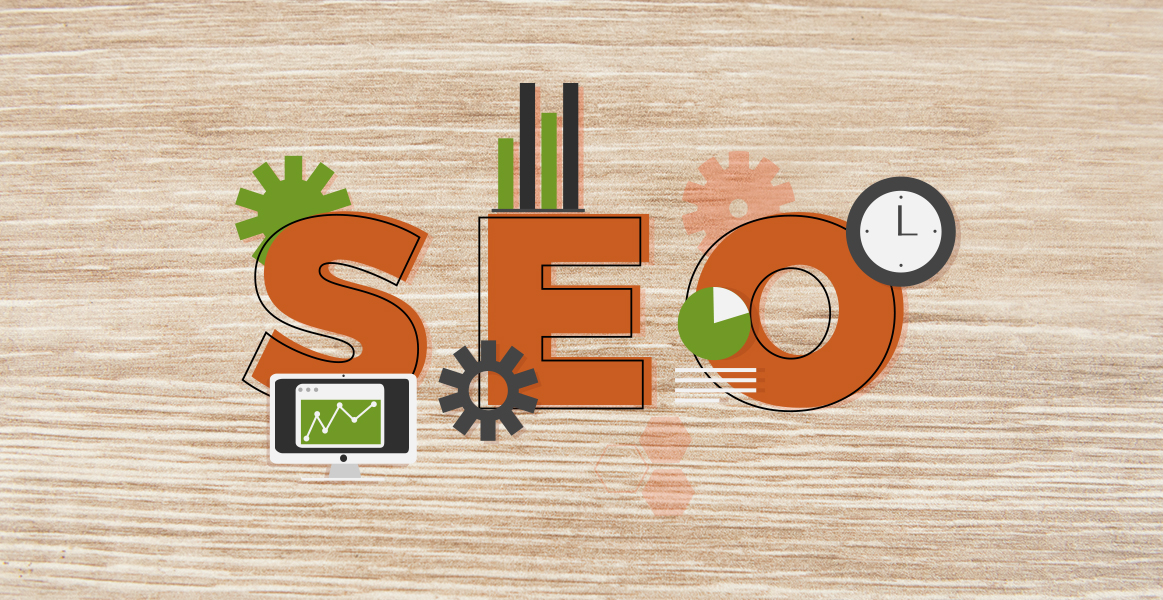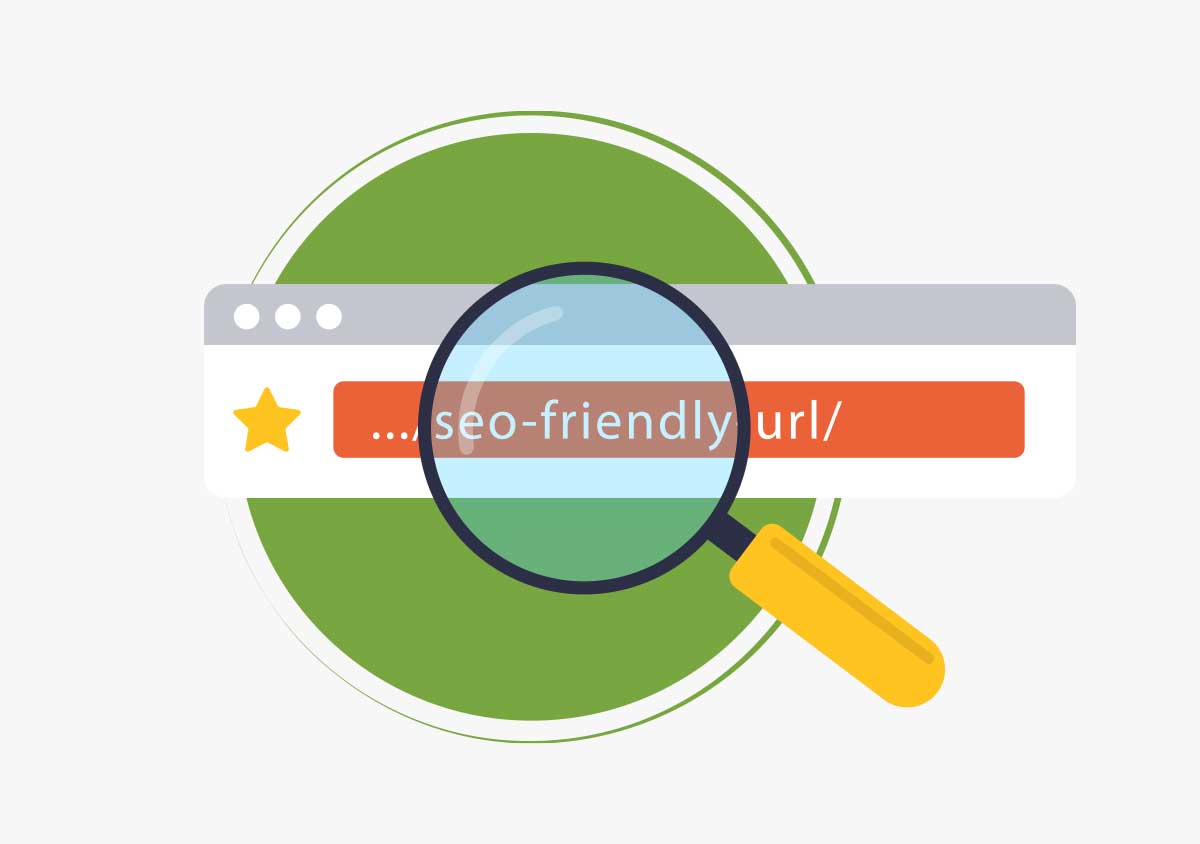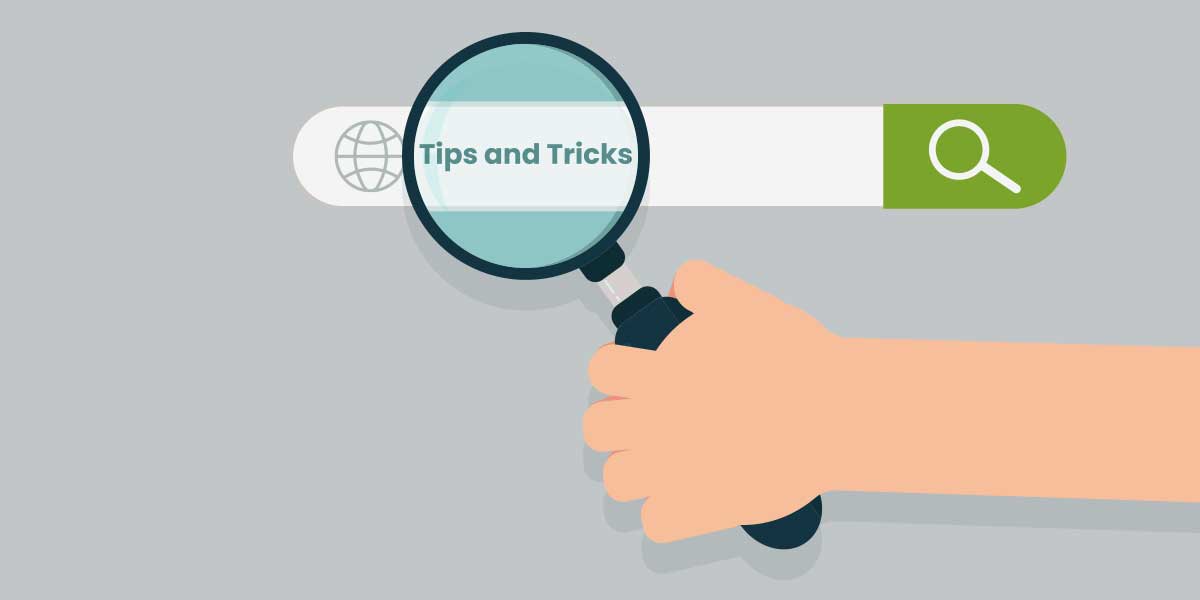S
EO has been around for a while now; however there are still many businesses that do not include it in their marketing budgets. When you consider that Google gets over 100 billion searches a month you’d be crazy not to be utilizing this strategy online to help your business get found and for you to position yourself effectively against your competitors.
Many small business owners still feel in the dark about how SEO works and words such as off-page SEO and on-page SEO, as well as technical sayings like “click through rate”, “ranking” or “organic SEO” compared to “Pay per Click” and “White-hat SEO” versus “Black-hat SEO” can leave them feeling lost.
So let’s break it down for you in the hopes to give you more clarification and understanding of SEO and how it works and most importantly how it can be of benefit to your business.
1. SEO is used to increase traffic to your website
In the most basic format SEO looks at driving traffic to your website. With more traffic you have more of a chance to be found online and to convert visitors into customers. There are a number of strategies that get utilized to achieve this goal.
Firstly you want your website to be super-fast, so cut down any unnecessary information and reduce the size of images to help load your site faster. Your customers will love you for it.
Secondly, make sure your site is mobile friendly. Sadly there are still many businesses out there that do not have a responsive site. Google has said they will prioritise mobile friendly sites and your customers are using mobile more and more to search for businesses online.
Thirdly, use long-tail keywords which can be useful to draw high-traffic to your website. Narrow down the needs of your customer to help you come up with these descriptive keywords.
Another strategy is to produce high-quality content. Provide error free, well researched content enabling you to provide visitors with quality over quantity.
Backlinks will always be essential to driving traffic to your website, however like providing quality content you also want to build quality backlinks with content marketing to help boost your organic ranking.
Voice search is rising in popularity, so jump on board and make sure you optimize your website content with conversational keywords to make the best use of the voice search option.
Security is an issue online, so possibly look at switching your website to https to safeguard connections and information on your website. Search engines also prefer secure sites.
Utilize social media and share useful content, which can gain your audience’s attention and would eventually increase your chance of gaining more quality links.
Google might be king, but don’t forget other search engines like Yahoo and Bing. Attract customer by incorporating other search engines into your SEO plan.
User experience could be considered the new SEO. Enhance your customer experience by providing them thorough assistance online and enhance your SEO ranking at the same time.
2. Use SEO to build brand awareness and visibility
Creating buzz is what brand awareness has always been about. The manner and techniques used in which we create this buzz today is what has changed. The arena is now online across multiple platforms and the internet now plays a big part in you creating brand awareness and increasing your visibility to multiple audiences.
This is what SEO is all about and is one of the best ways to give your brand a boost in the search engines. But, you have to be doing it right to reap the benefits.
In the eyes of the consumer, high search engine rankings make you more credible. Realistically this is not necessarily true, but perception matters and achieving the top spots, which is position 1 – 5 on page 1 in the search engines for major keywords in your industry is the best way to bring your company to the front of people’s minds.
Did you know that the first position on Google search results on desktop has a 34.36% click through rate and 31.35% on mobile?
It takes time to build awareness with SEO and many factors can affect your results, especially if your industry is saturated. The most important thing to remember is that it all begins with the selection of keywords you use in your campaign. Try to build your campaign around a variety of keywords, which in turn enables you to build awareness in a variety of ways. Make sure to include local search options, as well as brand-specific search phrases.
It is also important to track and assess the impact of any SEO strategy that you incorporate to promote brand awareness. To do this make sure your site has analytic codes for each of the search engines you are targeting, especially Google. You can then log into your account and look at your traffic and engagement to obtain a good idea of how they strategy has impacted on your website and brand.
There are a number of factors that can affect your brand awareness including how well your website content is written, the design and user friendliness of your site and if the right people aka your target audience is finding your business through the search engines. SEO is one strategy of many that you should be incorporating when it comes to promoting your brand online.
3. High rankings help provide credibility
According to ContentPlus, a UK-based content marketing agency, blogs provide websites 434% more indexed pages and 97% more indexed links, which ultimately means, indexed pages and links convert into higher credibility and search rankings. So the benefits of blogging as related to credibility and SEO are pretty much undisputed, however there are a number of other techniques you can use to help build credibility online.
a) We have mentioned this before and we will say it again – YOU NEED TO BE RESPONSIVE. According to Google, at least 41% of people searching on mobile will jump over to a competitor’s site if they have bad mobile experience on your website. In late 2014, Google began adding a mobile SERPs label to indicate that a website is mobile friendly. The idea is to help mobile users have a better user experience and if they do, your credibility increases online. Google will continue to further expand its use of mobile-friendliness as a ranking signal in conjunction with its mobile-friendly label. So if you want to increase your credibility – make sure you site is mobile across multiple platforms.
b) Check that you don’t have any spam links on your website. Nobody likes spam, especially Google. If you have a bunch of questionable inbound links to your website, your credibility will suffer. You can use Google’s Webmaster Tools to check who’s linking to your site and review the list for any links that may go against Google’s linking guidelines. If you find any, contact the site owner and request they remove the link or add a rel=”nofollow” attribute to it. If you are unable to remove any of the links you can use the disavow links tool in Google's Webmaster Tools.
c) Keywords are far to an important factor in SEO to wing it, so do the research to see what people are searching for in terms of what your company offers and make sure you incorporate them into your SEO strategy, including your on-page content and in your social media posts. Ideally when researching, look for relevant keywords to your business that has a high search volume but low competition.
d) Actively participating with your social media pages can increase the volume of traffic to your website, which is a key factor for search engine ranking. For instance, back in February 2015 Twitter announced that it would be working with Google to make tweets more searchable online, which means now your tweets help you with your credibility in Google search. So, make sure you are incorporating those keywords in your posts.
For customers, if your business is well ranked on search engines, and in particular on Google, you have achieved relevant popularity, so in your customers mind, your website will also be relevant.
You should also be aware that more than 80% of web users skip the paid ads and focus only on organic search results. This means, high rankings in organic SEO will make you more trustworthy in the eyes of your potential customer, and let’s face it we are all looking for new customers. It is definitely a challenge for businesses these days, but with a little bit of credibility you will be able to increase your customer portfolio much more easily. In fact, with increased credibility the probability to sell to new customers is around 20%.
4. Search engines make it is easy for customers to research before buying
It is second nature for potential buyers to research a product online before purchasing and as of 2017 85% of us are doing this. We search for the characteristics and especially the reviews of a product or service before buying it. Your ability to do this is very easy as we are never far from a desktop, smart phone or tablet and now even with a smart watch. The ability to compare retailer sites has also become a lot easier, so because of this is it essential to have an effective SEO plan in place. Having a simple, functioning website is simply not enough in this day and age. SEO is one of the best tools you can use to grow your business and brand awareness online.
Keep in mind
A potential customer who can find your business easily is 72% more likely to become a new customer.
Some things you should be aware of once you are found at the top of search engines are:
a) Fast loading times. If your website loads slowly then your potential customer will move onto to the next website in SERP’s.
b) 88% of consumers trust online reviews as if they are a personal recommendation and 90% of people read reviews before visiting a business.
c) It is also estimated that review signals account for 9.8% of the total ranking factors, which means you cannot ignore the relevance of reviews in SEO and in regards to your brand awareness and reputation online.
Reviews can help with your SEO by creating fresh user-generated content; help boost long-tail keyword traffic, as well as boost social conversation.
In regards to user-generated content, having this type of content coming directly from users is more influential for future customers. It racks up serious SEO points by providing websites with fresh content and all important backlinks. With long-tail keywords, the people posting reviews are the buyers of your products or service, which means they are also your target audience and the words or language they use will be similar to what you need to use in regards to the keywords needed to help drive traffic. People talking about your product or service helps boost your reputation online and in turn introduce your brand to new customers, so why not incorporate reviews into your social media strategy as well as your SEO.
Google and other search engines also favour highly-rated sites, which mean this social proof can help boost your rankings and more and more weight is being placed on what users have to say.
On the flip side, what if you get a bad or a few bad reviews. Will it hurt your SEO? The answer is you will not be penalized from an SEO stand point. Google is aware no one is perfect and that even the best websites can receive a bad review. So a negative review can be taken with a grain of salt from search engines and will dig deeper into the overall reputation of your site online. However, from a brand awareness and reputation point of view – consider responding to any negative reviews and use them to improve on your product or service.
5. SEO can provide you an unrivaled vision of your customers
As well as driving traffic to your website SEO is a powerful tool that can be used to establish useful statistics and information on your customers. By placing analytic codes for search engines, especially Google in your website you can track and analyze the behaviors of your visitors. This marketing research can be a very valuable tool. Google Analytics was launched in 2005 and is free. It owns 80% of the worldwide market share and is used by more than 10 million websites to track visitor data and metrics.
Analytics enables you to learn exactly how your customers are searching, browsing, the device they are using, their language and region they live in, as well as the most active time of day and even possibly their name. With this information you are able to adjust marketing campaigns and SEO campaigns, as well as refine your promotional strategies and create customized offers.
Google analytics is not the only tool you can use and your social media pages also have their own analytics to enable you to learn more about your customer. This researchable information is BIG DOLLARS and more and more each year people are living their lives online, with their habits becoming more known and this data collected as so many things we do online gets tracked.
It’s time to use this information to help build your brand awareness online and if you jump onto your Google Analytics and see that you’re not getting a lot of traffic from search engines, then that tells you that you need to work on your SEO or give us a call and we can put a plan in place. There’s a lot of potential traffic you may be missing out on!
72% of companies said SEO provided an excellent or good return on investment this year. Indeed, compared to the costs of other online marketing forms and strategies implemented, SEO is one of the most cost-effective, so give us a call today on (07) 5592 2685 or register for your FREE SEO analysis.










